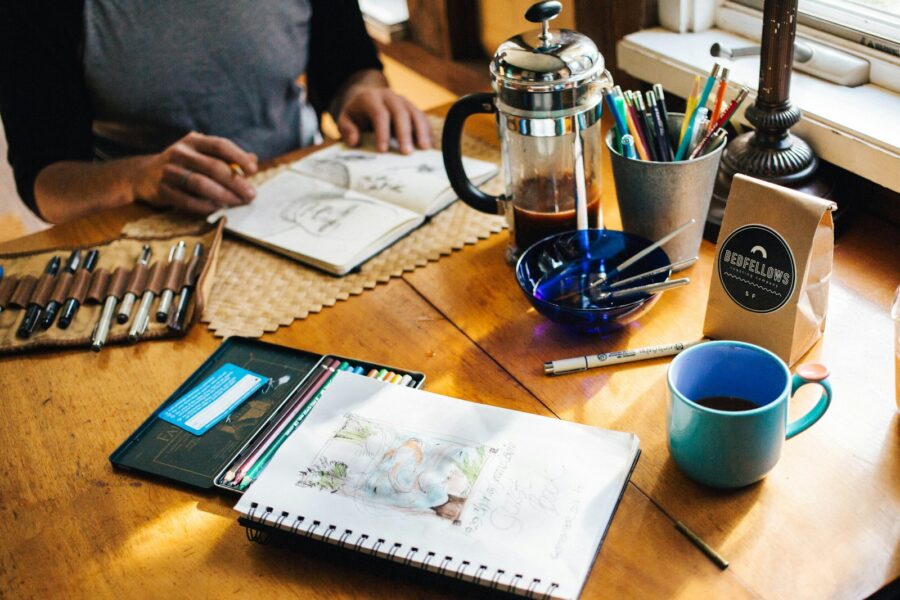Creatives are continuing to play it safe when it comes to using AI and avoiding it in the belief that it’s a ‘creative cheat’, according to new research from Designit, the Wipro-owned global experience innovation consultancy.
Some 84% of creatives see AI as merely a helpful assistant, and a significant minority believe strongly that using AI as part of the creative process amounts to cheating.
The findings come from a Designit poll that canvassed 1,200 creatives, including leading industrial, product and UX designers, on their feelings about using AI as part of their creative processes.
Qualitative feedback included one respondent likening AI to ‘an enthusiastic junior prospect with exceptional math skills’. Another respondent commented that the use of AI was inevitable but likely to be abused in the creative sector in the same way ‘as steroids are to the fitness industry’.
The poll findings from practising creatives chimes with those from a smaller student survey carried out as part of Designit’s recent AI residency at the School of Visual Arts which revealed that future designers see a reliance on AI as cheating.
Miguel Sabel, global head of strategy and sustainability at Designit, emphasised that designers and creatives often see their work as a key part of their identity, leading to a cautious approach to artificial intelligence (AI). According to the survey, there’s a notable suspicion towards AI among these professionals, driven by concerns over automation in creative roles. Sabel suggests that this results in a tendency to use AI for administrative tasks rather than integrating it into the heart of creative work, reflecting a broader hesitation to fully embrace AI in creative processes.
However, Sabel goes on to comment how creatives mustn’t fall behind:
But playing it too safe means lagging behind. The notion that using a new technology to your advantage is disingenuous and in some way misses the point that fundamentally, what people care about is the portrait you painted – in our world, the product or experience you created and the impact it has – rather than the brushes you used to paint it. It’s all about knowing where and when to apply new technology, which is especially true if it can inspire creativity – but it’s the end result and its externalities what counts.
Miguel Sabel, global head of strategy and sustainability, Designit
As organisations navigate the evolving landscape of AI integration, it’s crucial for employers to address AI anxiety among their workforce effectively. The apprehension toward AI, as highlighted by Designit’s research, underscores the need for a constructive dialogue around the technology’s role and potential in the creative process.
Employers should foster an environment where employees feel empowered to express their concerns and explore AI’s possibilities without fear of undermining their creativity or value. Encouraging an open-minded approach to AI, emphasising its role as a tool rather than a replacement, can help mitigate fears and promote a positive outlook on the technology’s potential to enhance rather than detract from human creativity. By proactively addressing AI anxiety, organisations can ensure that their teams are not only adapting to but thriving in an AI-augmented workplace.
The reservations creatives hold towards AI highlight a broader challenge within the industry to reconcile the rapid advancement of technology with the deeply personal and human nature of the creative process. The journey ahead requires a balanced approach, where the emphasis is placed on education, open dialogue, and the thoughtful integration of AI into creative workflows. This approach will not only allay fears but also unlock new possibilities for innovation and expression in the creative sector.
Joanne is the editor for Workplace Wellbeing Professional and has a keen interest in promoting the safety and wellbeing of the global workforce. After earning a bachelor's degree in English literature and media studies, she taught English in China and Vietnam for two years. Before joining Work Well Pro, Joanne worked as a marketing coordinator for luxury property, where her responsibilities included blog writing, photography, and video creation.



